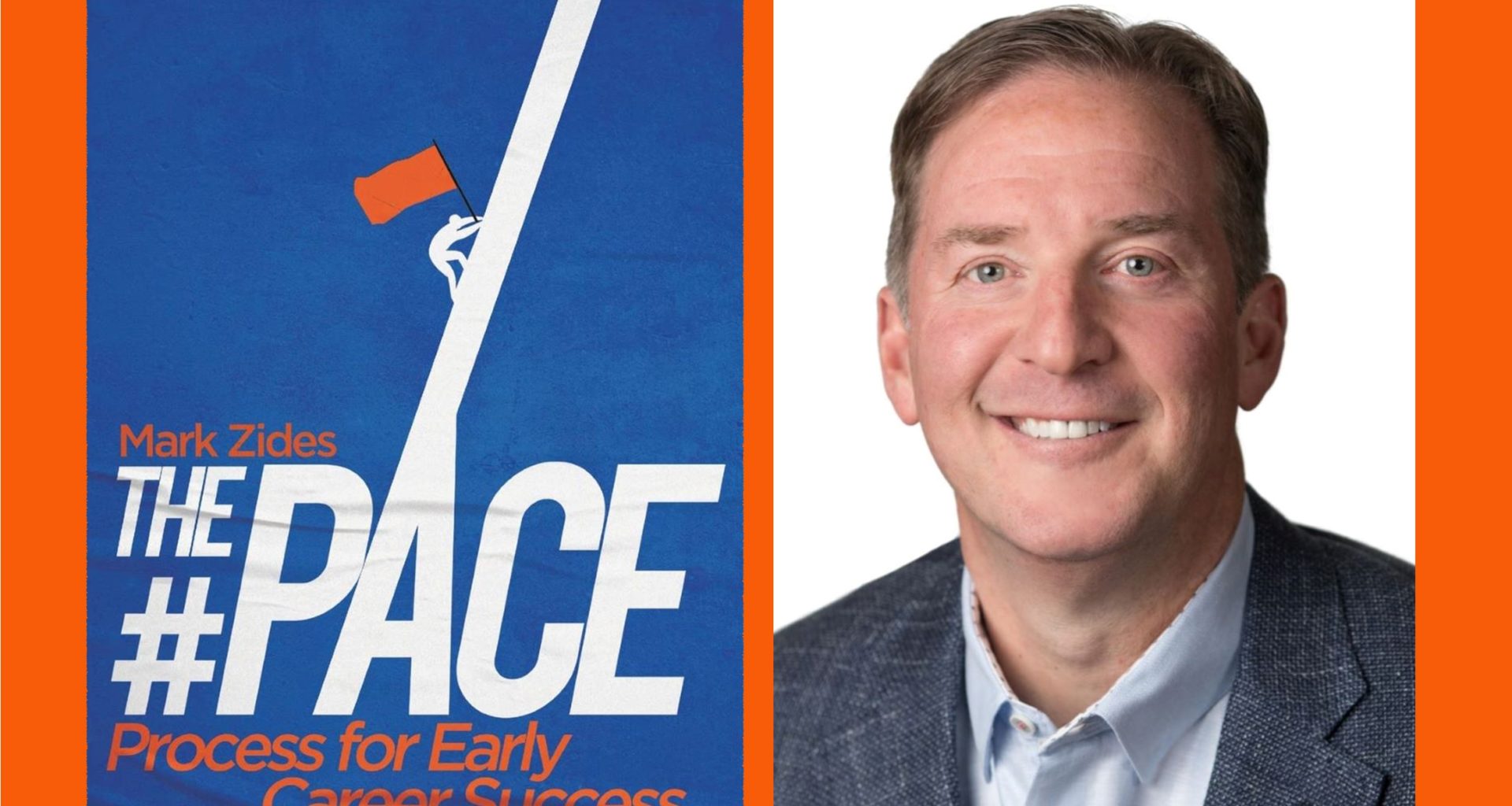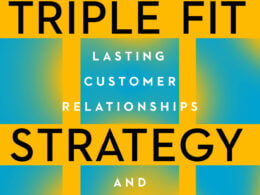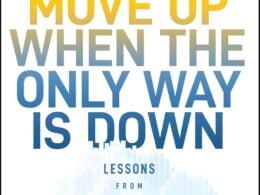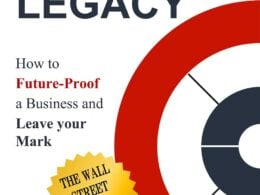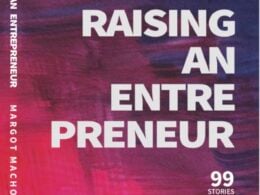Excerpted from The #Pace Process for Early Career Success. Copyright © 2022 by Mark Zides. Reprinted with permission from Armin Lear Press. All rights reserved.
What can I do now? Not tomorrow, not next year, but now? We can’t predict the future, and we can’t have complete control over things that haven’t happened yet. Isn’t it funny we tend to panic the most when we’re thinking about what lies months and years in front of us?
You would be surprised how empowering it is to just take control of what’s immediately accessible to you. When uncertainty strikes, stop playing the long game and concentrate on what you can do right now. Can you send an email to your mentor asking for their advice? Can you revise your résumé? Can you research entry-level opportunities? Great. Do it! Then repeat the process again tomorrow. And the day after that. Don’t let yourself get wrapped up in thinking about how you’ll get from a job you don’t have yet to a job you want five years from now. This, too, is important, but it can be counterproductive when you’re struggling with the uncertainty of the future. Take a breath, take stock of what productive things you can do now, and focus on those.
Just start. Once you’ve figured out what you can tackle from where you are right now, all there is to do is get started. I’ve said it before, and I’ll say it again, because it bears repeating: the inertia of getting started is the hardest part of any big accomplishment. Once you get momentum going, the process becomes easier the longer you work at it. Overcoming this initial hump is even harder when you’re in an uncertain situation, and you may find yourself wondering if it’s worth trying, since the results may not be what you hoped for. This comes from faulty perfectionist thinking—why bother trying if it won’t be perfect out the gate? Don’t fall into this trap. Even if it doesn’t turn out perfect—and it sometimes won’t—that doesn’t mean it’s not worth pursuing.
Stop half-assing it. This goes hand-in-hand with my last point. As difficult as it is to muster motivation when you’re doubting yourself, remember this: a small task done well is worth ten times more than a big task done poorly. So instead of biting off more than you can chew, getting burned out, and doing a sloppy job, focus on doing the absolute best you can on what you believe you can successfully manage at one time. Send out one perfect application instead of five that are half-baked. Go to one networking event and give it your all instead of going to three and being a wallflower. Ask your boss what their top priority item is and put your full attention on it. Sometimes all it takes to perform better is targeted effort instead of scattered motivation. … and accepting what you can’t change.
Sometimes all it takes to perform better is targeted effort instead of scattered motivation. … and accepting what you can’t change.
Change the narrative. I’m big on reframing thoughts and experiences. That’s because even when we can’t change our situation, we can decide how we react to it and how we contextualize it. Think about how you reframe negative thoughts in a constructive light and do the same thing for overall uncertainty. Instead of viewing the job search as an intimidating hurdle, view it as an adventure, complete with the ups, downs and rewards that come with any sort of meaningful journey. Launching your career is a right of passage. You don’t have to have it all figured out right now, so instead of fighting the chaos, embrace it.
Plan ahead. If you’re someone with more perfectionist tendencies, it can help to have a plan for when things don’t go your way. Even if you can’t foresee everything, you can at least have some sense of security as you navigate the unknown.
Create your safety net. Building an emergency fund is always a good idea. This isn’t always possible, but you should do your best to have some money on hand in case things don’t work out. If getting a job takes longer than you expected, or if you do get a job and it doesn’t work out, you’ll have some wiggle room to find a better opportunity. Maintain a community you can turn to if things don’t go your way and make practical preparations for the worst-case scenario. As motivational speaker Denis Waitley says, “Expect the best, plan for the worst, and prepare to be surprised.”
Don’t let your network stagnate just because you’ve gotten a good job or your prospects are looking good.
Keep your feelers out. When the future is uncertain—even when things are going well—keeping your eyes peeled for new opportunities is the best favor you can do for yourself. Don’t let your network stagnate just because you’ve gotten a good job or your prospects are looking good. Reach out to your connections periodically, even if it is just to say hello. And if appropriate, you can tell them that you’re on the lookout for new projects and remember the golden question: “What can I do for you?” Holiday cards (or emails) can also be a great way to maintain a connection. It’s old school, but effective!
Maintain your skills, especially the ones you’re not currently using. There are a few abilities that nearly every employer looks for in their hires. Writing and communication. Frustration tolerance. The ability to interpret data. Curiosity. Problem-solving and the ability to get to the root of an issue. Organization and analysis. Just because you’re done with school, that doesn’t mean you have a free pass to let your skills get rusty. Read up on building a learning mindset, interpreting information and effectively communicating.
I’m a big believer in reading. There are a lot of great books out there than can provide useful tools, skills or mindsets. But even if you’re reading about topics unrelated to your work, reading keeps your mind engaged and primed for learning. Even reading for just thirty minutes each day means you will read thirty-three books each year! Find a system that works for you—alternate fiction with nonfiction, or narrative with educational, or work-related with fun.
You can also practice the skills and specializations that you aren’t using in your current situation, and don’t be afraid to think outside the box. Whether you commit an hour a day after work or a couple hours on the weekend, the time you spend will greatly benefit you in the long run. Have you been concentrating on the humanities, but always wanted to learn to code? Consider making it your new hobby. Have you wanted to improve your writing abilities? Try starting a blog, even if no one reads it. At worst, you have something extra to add to your CV, and at best, you’re opening the door to brand-new opportunities.
“The #PACE Process for Early Career Success” can be purchased via StartupNation.com below.


